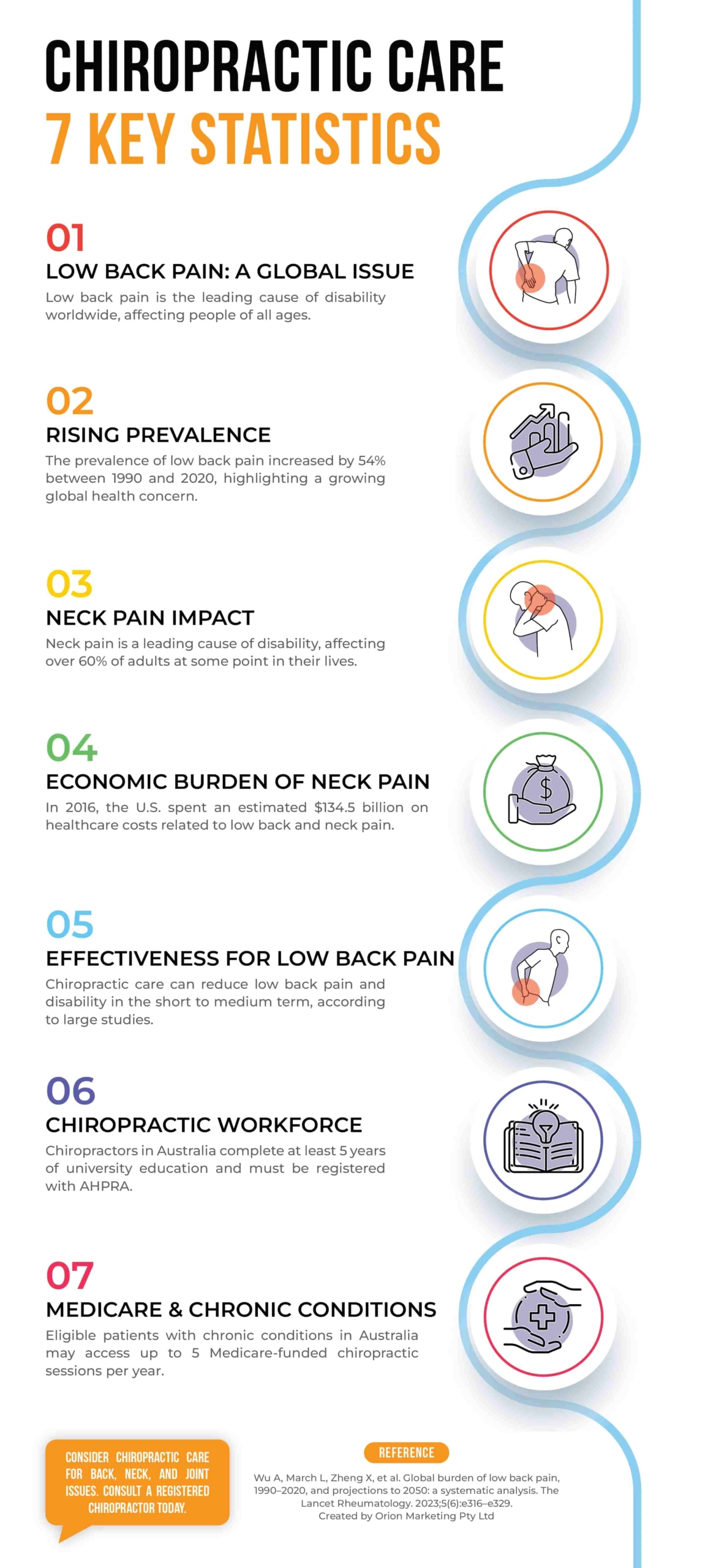Pain makes everything more difficult, and this is true regardless of the kind of pain it is. Whether you have had an injury or other situation, or you are experiencing some kind of chronic pain that is unlikely to go away, it’s the kind of thing that can make it hard to live life as fully as you would like to. However, this is not to say it’s impossible, and actually there are lots of ways in which you can live a full life more easily with bodily pain, and it might actually be easier than you think.
With that in mind, we are going to take a look here at some of the things you can do to ensure you are living a full life regardless of any bodily pain you might have. All of the following are going to be really worthwhile thinking about, and you should find that they help a great deal.
Accepting Without Surrender
A lot of people have difficulty with the concept of acceptance of their pain. To some, this can sound like you are surrendering to it. But actually, it’s a very different thing. The difference is that, in accepting, you are simply learning to become more and more understanding of what you are doing and what your pain is like, and that you are gradually trying to stop resisting it as a fact in your life. That’s something that can be hugely powerful.
This represents a shift from resisting to adapting, and it marks the human spirit for what it is – courageous and strong. So it’s a great mental approach to take if you have bodily pain and you are trying to live with it more effectively.
Defining Fullness
If you want to live a full life, you will need to decide for yourself what that really means, and essentially define fullness in such a way that you are going to be able to achieve it more easily. It might inevitably be the case that a full life after a chronic pain diagnosis is not going to be quite the same as before, and again there is an argument for acceptance that needs to come into play here. So this is the kind of thing that you are going to want to think about if you are trying to live more fully.
What do you actually want out of life, and how are you going to define fullness? Once you have figured this out, you should find that you are going to notice a huge change in how you approach things, and it’s amazing what it can do for you.
Getting Help
There will likely be a need to accept help from certain people, which a lot of us find difficult in itself, but which is going to be really important if you want to make sure you are doing this right and making the most of your situation. There are a few different kinds of help in particular that you might want to make sure you are getting. For instance, you might need the assistance of a physiotherapist to help you with being able to move as well as possible, and to help you slowly improve over time as well. That can be one of the most important kinds of help you can make use of here.
Likewise, it could be a good idea to find a counsellor or mental health specialist who you can talk to about the emotional and psychological side of having all this bodily pain. If you can do that, you are likely going to find that you are much more able to deal with it, and it should be a lot easier on the whole. At the same time, you might need the help of various medical professionals too. It’s about getting the help you really need when you need it.
Building A Pain-Adapted Routine
You can now start to think about building up your own routine for having a full and engaged life with bodily pain. This is something that is going to be hugely important, and you need to make sure that you are considering regular movement as part of this, along with plenty of scheduled rest periods. You should also ensure you are actually making use of those rest periods, otherwise it could cause a real problem and you might struggle to actually stick to it.
As you can see, it is perfectly possible to live a full life with bodily pain, so make sure that you are aware of these.













 en minutes, just sit quietly and try to breathe deep into the belly, slowly and gently. That’s it – this simple practice can transform your wellbeing considerably, so it’s something you might want to try out if you have not done so already. You might be surprised at how much of a difference it can really make.
en minutes, just sit quietly and try to breathe deep into the belly, slowly and gently. That’s it – this simple practice can transform your wellbeing considerably, so it’s something you might want to try out if you have not done so already. You might be surprised at how much of a difference it can really make.

 2) Eat a nutritious diet
2) Eat a nutritious diet

